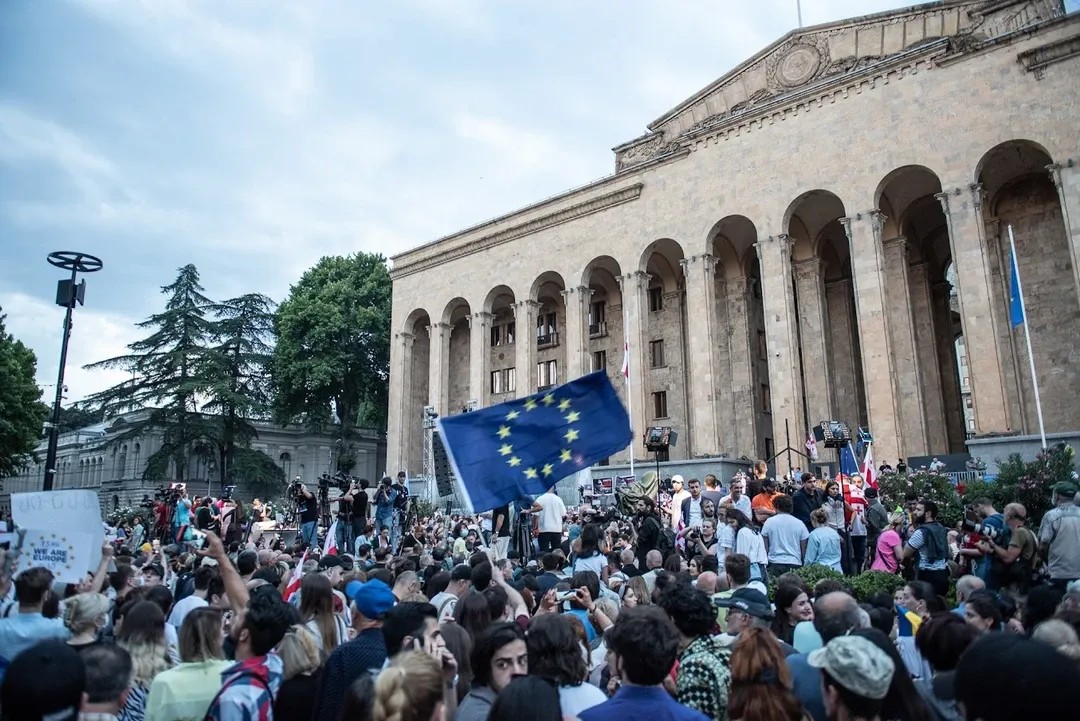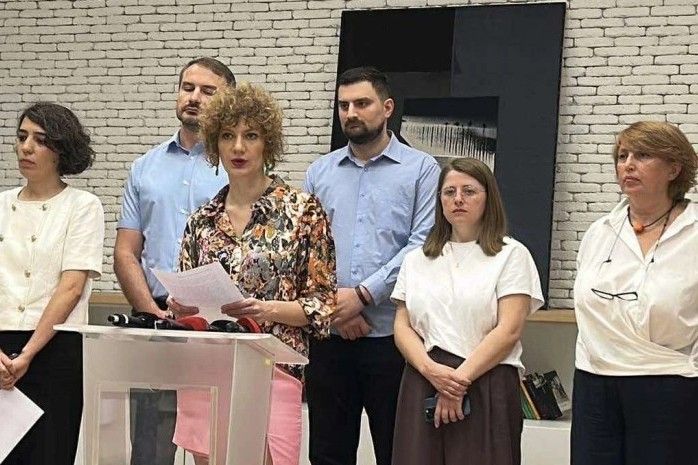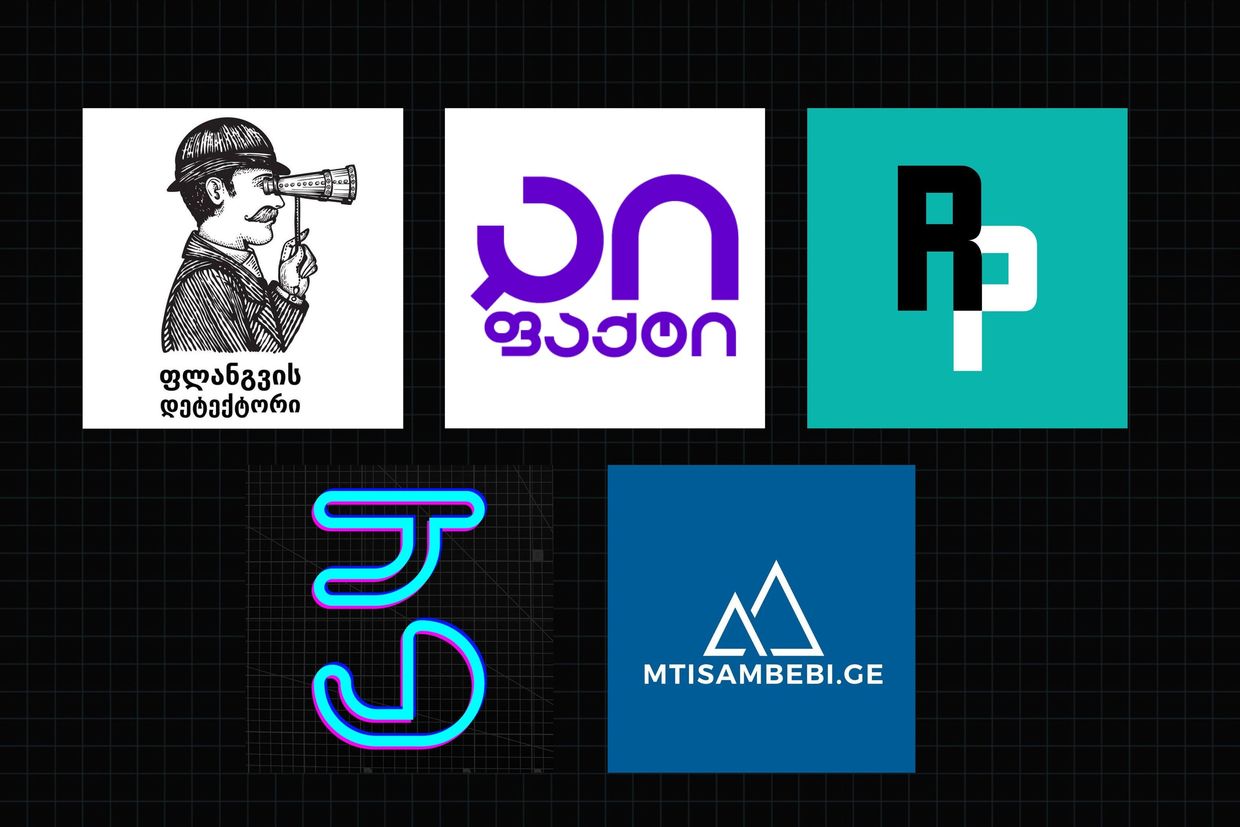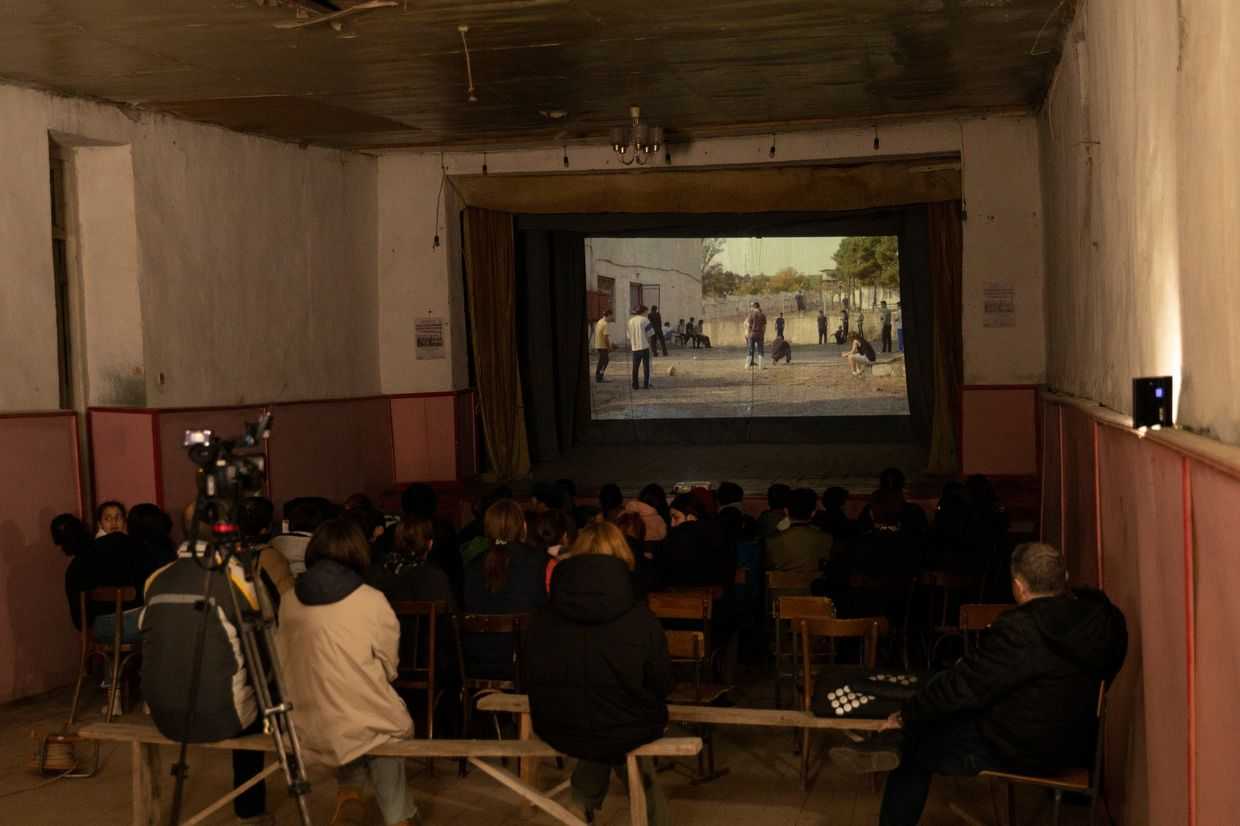
The Council of Europe’s Venice Commission has published an opinion recommending the repeal of several restrictive laws adopted in recent months by Georgia’s ruling party. Government officials and their allies quickly criticised the findings.
The opinion concerned the Foreign Agents Registration Act (FARA) — which the ruling Georgian Dream party presented as a direct translation of the US legislation — the ban on foreign funding for broadcasters, and amendments prohibiting receiving foreign grants without government approval.
All three were adopted by the ruling party in the spring 2025, targeting civil society organisations and media. Georgia’s Anti-Corruption Bureau has already launched multiple investigations against both NGOs and media outlets under the recent legislation.
The Venice Commission’s report noted ‘sweeping and imprecise definitions of key terms’ in case of FARA, including ‘foreign principal’, ‘agent of a foreign principal’, and ‘political activities’. In addition, the report mentioned that FARA is rife with ‘sweeping powers and insufficient safeguards’.
The authors emphasised that its far-reaching scope allows FARA’s indiscriminate application to a wide range of individuals and organisations, regardless of any actual connection to a foreign actor, creating risks of arbitrary enforcement and selective justice.

According to the document, the law inherently poses a threat to the rule of law, civic space, and democratic freedoms in the country, and its adoption together with one more foreign agents law passed by the ruling party last year ‘generates further confusion and uncertainty’.
Regarding the amendments to the law on grants, the commission noted that it lacks sufficient justification and clear criteria for government refusal of foreign grants, as well as effective safeguards, creating potential for arbitrary enforcement.
‘The [Anti-Corruption] Bureau’s wide investigatory powers, including the power of immediate seizure, combined with tight procedural timelines and harsh sanctions, threaten fairness and due process’, the authors said.
‘It is therefore recommended that the amendments be repealed, or thoroughly revised to ensure necessity, proportionality, and proper safeguards’, they concluded.

The commission drew parallels between the previous two laws and the amendments to the broadcasting law on the ban of foreign funding, noting that they impose a blanket ban using an overly broad definition of ‘foreign power’.
‘[The wide definition] going beyond foreign governments to include all foreign individuals and organisations, risks indiscriminately capturing ordinary commercial and philanthropic relationships essential for the viability of independent media’, the report read.
The commission also examined the amendments to the organic law on political associations, which now prohibit political parties from receiving in-kind support, such as free lectures or seminars, from legal entities or associations in Georgia or abroad.
Unlike the broader restrictions on civil society and media, the commission noted that limitations on foreign support for political parties may be justified, given their central role in governance and the potential impact of foreign interference on national sovereignty.
‘What matters is not only the statutory text’
In response to the recommendations, members of Georgian Dream and its allies voiced sharp criticism of the Venice Commission, accusing it of politicisation and applying a ‘double standard’.
Kakha Kaladze, the general secretary of the ruling party and the mayor of Tbilisi Mayor, reiterated the long-standing claim that the laws criticised by the Venice Commission were designed to regulate foreign funds used for ‘societal division, polarization, financing extremist organizations, and encouraging violent actors’.
‘That is exactly why they are so aggressively opposed, because similar laws have been in effect for a long time in European countries and the United States’, he said.
Commenting on the recommendation to repeal FARA, Tamta Megrelishvili, a representative of the ruling party’s satellite party People’s Power, also argued that ‘the Western approach reflects a double standard’.
‘While the same law is considered a pillar of democracy in the US and Europe, in Georgia it is portrayed as a tool of political pressure’, she said.
Georgian Dream decided to translate the US FARA after the majority of civil society organisations refused to register under the first foreign agents law passed in spring 2024. Critics widely branded the legislation as a ‘Russian law’, noting its similarities in content and rhetoric to Russia’s foreign agent legislation, which dealt a major blow to independent media and civil society there.
After passing FARA, critics have repeatedly pointed out that the US version has not been used to target civil society and media organisations, and that Georgian Dream was disregarding US judicial practices over their own legislation in doing so.
In this context, the Venice Commission also explained that ‘the mere replication of the language of a foreign statute cannot evidently, in itself, secure compliance with international standards, particularly in a substantively different domestic context’.
‘What matters is not only the statutory text, but also the underlying legal principles, the relevant case-law, the institutional framework within which the statute operates’, it said.
The commission noted that under the US FARA, receiving foreign funds alone does not trigger a registration requirement; rather, registration is required only for those acting as agents under the specific direction and control of a foreign principal.
‘While many US NGOs and media organisations receive foreign grants and support, they are not generally required to register as foreign agents under FARA. Reportedly, only a small proportion, around 5%, of those registered under FARA are non-profit organisations, primarily branches of foreign political parties’, the report read.
The Georgian government’s policy toward civil society organisations and independent media has become particularly hostile over the past two years, alongside its adoption of a series of restrictive laws.
The adoption of these laws has accelerated over the past 11 months, against the backdrop of anti-government demonstrations, the first phase of which saw heavy clashes and brutal police violence against protesters and journalists.
Georgian Dream has repeatedly claimed that these measures were necessary to fight the ‘influence of external powers’. Nonetheless, critics of the ruling party have insisted that the state actions aim to undermine the media and civil society in an already fragile democracy.











